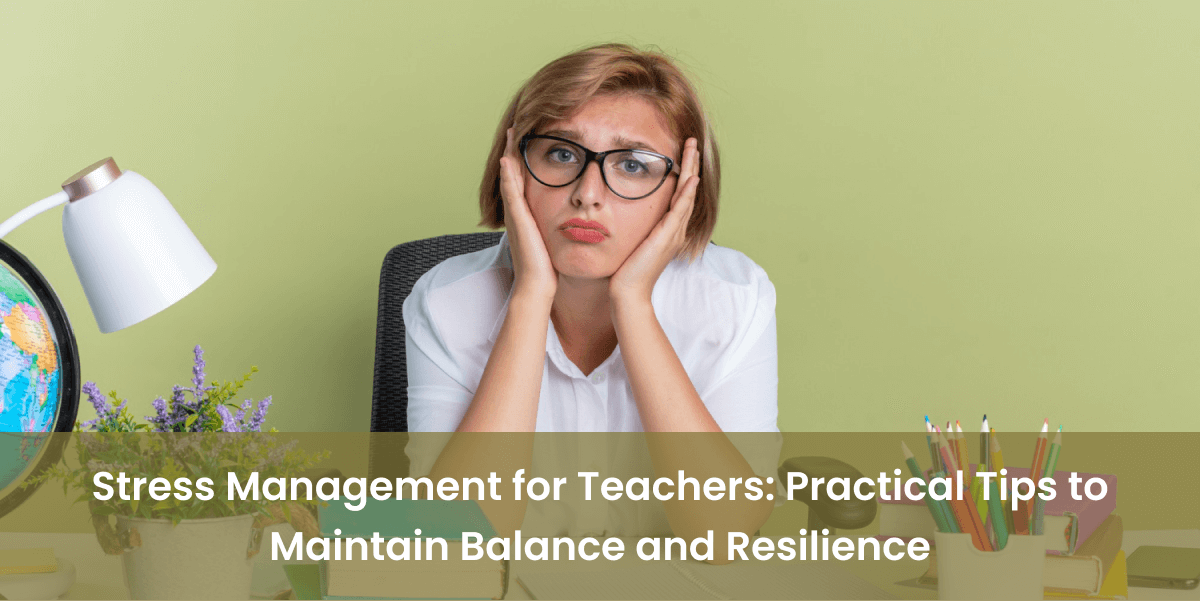What Is Family Stress?
Family stress refers to the tension and pressure experienced by individuals within a family unit due to various challenges and demands. While families can be a source of support and love, they are not exempt from facing stressors that can strain relationships and well-being. Family stress can arise from a multitude of factors, both internal and external, and can affect each family member differently. Understanding family stress is crucial for identifying its causes, effects, and implementing effective strategies for managing it.
Family stress can stem from various sources, such as financial difficulties, work-life balance challenges, parenting responsibilities, communication issues, and major life changes. The impact of family stress can extend beyond individuals and affect the overall dynamics and harmony within the family unit. Recognizing the causes and consequences of family stress is essential for fostering a supportive and resilient family environment.
What Are the Causes of Family Stress?
Family stress can emerge from a wide range of factors, each unique to the family’s circumstances and dynamics. Some common causes of family stress include:
- Financial Strain: Financial problems and insecurity can lead to significant stress within the family, affecting both parents and children.
- Work-Life Balance: Balancing work and family responsibilities can be challenging, leading to feelings of overwhelm and exhaustion.
- Parenting Challenges: Parenting can be demanding, especially during different life stages, and can contribute to stress for both parents and children.
- Communication Issues: Poor communication or conflicts within the family can lead to misunderstandings and tensions.
- Major Life Changes: Events such as relocation, divorce, or loss of a loved one can be emotionally taxing for the entire family.
- School and Academic Pressures: Academic stress faced by children and adolescents can impact the family dynamics.
- Health Issues: Dealing with health concerns or chronic illnesses can create stress for individuals and their families.
- Interpersonal Conflicts: Conflict between family members, such as sibling rivalry or parent-child conflicts, can lead to significant stress.
How Does Family Stress Affect Individuals and Families?
Family stress can have wide-ranging effects on individuals and the family as a whole. Some common effects of family stress include:
- Increased tension and conflicts within the family.
- Impact on mental and emotional well-being, leading to anxiety, depression, or behavioral issues.
- Physical health problems such as headaches, gastrointestinal issues, and sleep disturbances.
- Strained relationships and reduced communication between family members.
- Impact on academic or work performance due to stress-related distractions.
- Withdrawal from social activities and a sense of isolation.
- Escalation of existing issues, such as substance abuse or unhealthy coping mechanisms.
- Impact on child development and behavior in the case of family-related stressors.
How to Manage Family Stress
Effectively managing family stress is vital for promoting a healthier and happier family environment. Here are some strategies for managing family stress:
- Open Communication: Encourage open and honest communication within the family to address concerns and conflicts proactively.
- Establish Routines: Establishing predictable routines can provide a sense of stability and reduce stress, especially for children.
- Practice Active Listening: Listen attentively to each family member’s concerns and feelings, fostering understanding and empathy.
- Set Realistic Expectations: Set realistic expectations for yourself and other family members, considering individual capabilities and limitations.
- Share Responsibilities: Distribute household and parenting responsibilities among family members to avoid overburdening a single individual.
- Engage in Quality Time: Spend quality time together as a family, engaging in activities that promote bonding and connection.
- Seek Support: Seek professional help or counselling if family stress becomes overwhelming or persistent.
- Practice Stress-Relief Techniques: Encourage the practice of stress-relief techniques like meditation, deep breathing, or exercise.
- Foster Flexibility: Be flexible and adaptable in handling changes and challenges that arise within the family.
Conclusion
Family stress is a natural part of life, but its management is vital for maintaining a harmonious and nurturing family environment. By understanding the causes and effects of family stress and implementing effective coping strategies, families can strengthen their resilience and support each other through challenging times. Open communication, empathy, and shared responsibilities play crucial roles in alleviating family stress. Remember, a supportive and connected family unit is better equipped to face stressors together and thrive as a unified and loving entity.









Post a Comment